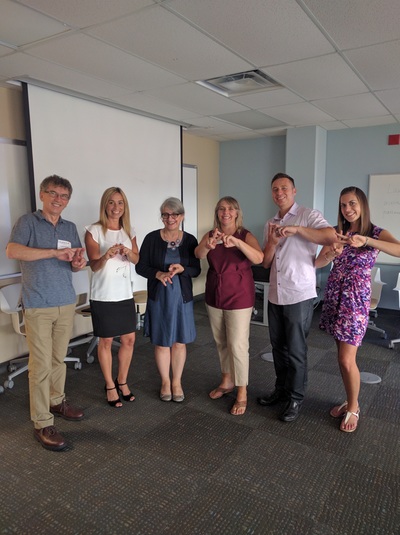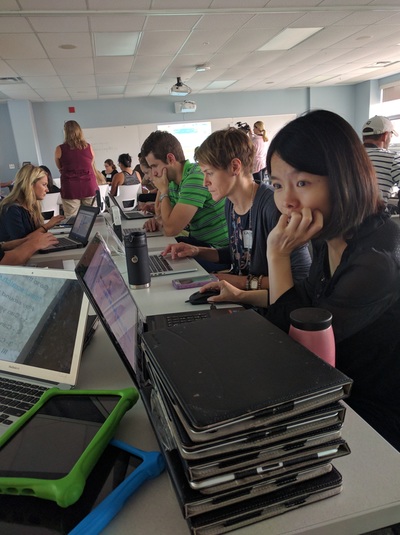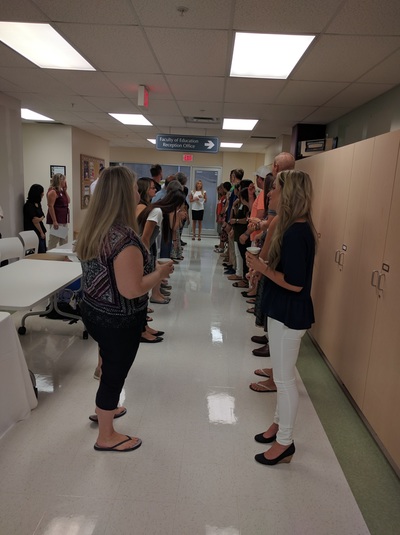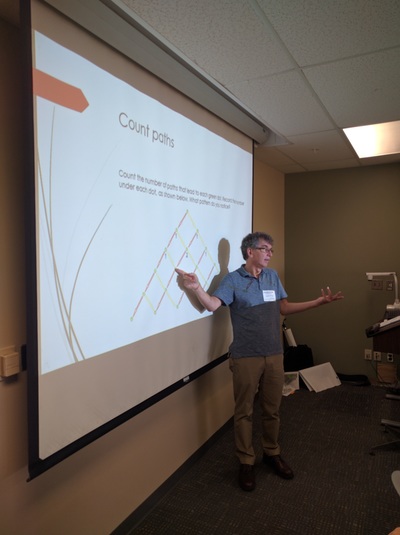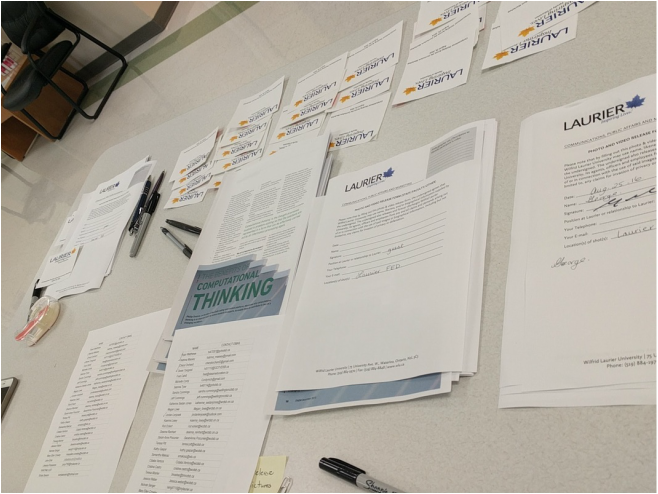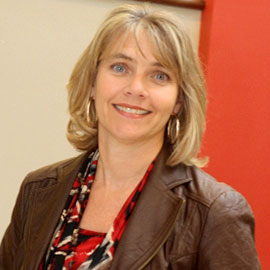Computational Thinking Across the Ontario Elementary Curriculum
|
Research Questions.
|
Project Description.
Computational thinking (CT) refers to a set of processes through which people arrive at solutions to problems using principles based in computer science. A CT approach to problem-solving is increasingly valuable in education and workplace settings as the economy grows more dependent on digital literacy. Given the importance of CT, it is essential to assess these skills. However, a reliable assessment tool is absent from the current literature. This work therefore examines CT across the Ontario (Canada) Elementary School curriculum in elementary classrooms, and addresses the need for effective instructional strategies and assessment of CT related problem-solving abilities. Finally, we establish where CT concepts and skills already exist or are missing from the, curriculum and suggest a workable tool to assess CT based on existing literature. |
Key Findings and Recommendations
- Results indicate that terms associated with CT appear, not surprisingly, most frequently in the Mathematics curriculums, however, evidence of CT terms is also apparent in more unexpected disciplines such as Social Studies and French.
- The majority of CT terms appear in the curriculum document curriculum expectations and CT terminology is introduced and increased steadily from Kindergarten until Grade 8.
- The present findings suggest that CT and its related concepts are a necessary consideration for teachers, illustrating the importance of 21st century skills in a variety of domains.
Noteworthy Projects, Events, Workshops, or Publications
|
TeachDigital LAB recently organized and co-sponsored a workshop for educators in collaboration with faculty at Laurier and Western University, and educators from Waterloo Region and Thames Valley.
The workshop was covered by CTV- click here to watch the news segment.
|
Publications
Mueller, J., & Spencer-Mueller, K. (2023 July). Pre-service teacher education for the
future of learning: Computational thinking (CT), coding, digital fluency (DF), & problem-solving (PS). World Federation of
Associations of Teacher Education, Victoria, BC.
Hennessey, E. s, Mueller, J., Beckett, D., & Fisher, P. s (2017). Hiding in Plain Sight: Identifying
Computational Thinking in the Ontario Elementary School Curriculum. Journal of Curriculum and Teaching, 6(1), 79-96.
Mueller, J., Beckett, D., Hennessey, E., & Shodiev, H. (2017). Assessing computational thinking across the curriculum. In C. Hodges
& P. Rich (Eds.), Emerging Research, Policy and Practice on Computational Thinking. (pp. 251-267). AECT/Springer.
https://link.springer.com/chapter/10.1007/978-3-319-52691-1_16
Gottardo, A. & Mueller, J. (2009). Are first and second language factors related in
predicting English reading comprehension? Journal of Educational Psychology, 101(2), 330-344.
Willoughby, T., Anderson, S. A., Wood, E., Mueller, J., & Ross, C. (2009). Fast searching
for information on the Internet to use in a learning context: The impact of domain knowledge. Computers & Education, 52,
640-648.
Mueller, J., Wood, E., & Willoughby, T. (2007). The culture of computers among teachers. In E.
Wood & T. Willoughy (Eds.). Children learning in a digital world. Oxford, UK: Blackwell Publishing.
Project Team Members
Industry Partners
